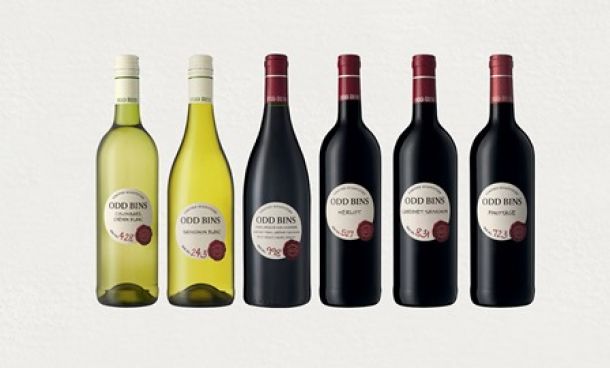Key trends shaping the wine industry in South Africa
Amid concerns around the productivity of wine farms due to economic challenges and unpredictable weather patterns, the sector expects reasonable harvest this year.
Dawie Maree, Head of Information and Marketing at FNB Business Agriculture, says overall production for the year has not been impacted to an extent that we cannot meet demand. Wine farmers are still going strong and have demonstrated resilience against an influx of challenges facing the industry.
“Over the past few years, we have significantly grown output and claimed a position amongst some of the biggest wine exporters in the world. During this period, wine farmers have endured many tests, while adapting to rapidly changing global and local economic conditions,” adds Maree as he unpacks key trends and opportunities currently shaping the wine industry in South Africa.
Climate change –unpredictable weather patterns like the drought are having an adverse impact on the productivity of vineyards.
“On a positive note, dams are currently at fair levels and recent weather forecasts have indicated that the El Nino pattern is weakening, increasing the chances of La Nina (cooler weather with rainfall) later in the year,” says Maree.
It is becoming essential for wine farmers to therefore factor in climate change when devising their long term strategies.
Exchange rate volatility – the weakness of the Rand against major currencies has been positive for wine producers that are active in the export market. Foreign markets are able to spend more on our wines which makes us more competitive.
High production costs – rising input costs such as electricity, fuel, packaging and transport continue to affect the profitability of wine producers. Maree says producers are constantly battling to drive down costs by being more efficient and innovative.
Skilled labour –with farmers constantly upgrading machinery, techniques and technology in order to compete globally, the need for a more skilled and flexible labour force has become essential.
Easy access to global markets – as the demand for South African wines continues to increase, free trade agreements are playing an important role in limiting barriers and facilitating access to global markets. For example, the recent agreement between the Southern African Customs Union (SACU) and the EU which will enable the country to export an estimated 110-million litres of wine to Europe is positive for the future of the industry.
“Regardless of the current and potential challenges facing wine farmers, the industry still has a lot of room for growth and continues to play an important role as a contributor to the Gross Domestic Product (GDP) and job creation,” concludes Maree.
News Category
- International retailers
- On the move
- Awards and achievements
- Legislation
- Wine and liquor
- Africa
- Going green
- Supplier news
- Research tools
- Retailer trading results
- Supply chain
- Innovation and technology
- Economic factors
- Crime and security
- Store Openings
- Marketing and Promotions
- Social Responsibility
- Brand Press Office
Related Articles

Makro secures exclusive rights to SA’s most sou...

Checkers adds 41 new wines to Odd Bins range

With petrol at almost R20 a litre, food prices ...

Petrol price shocker for South Africa


